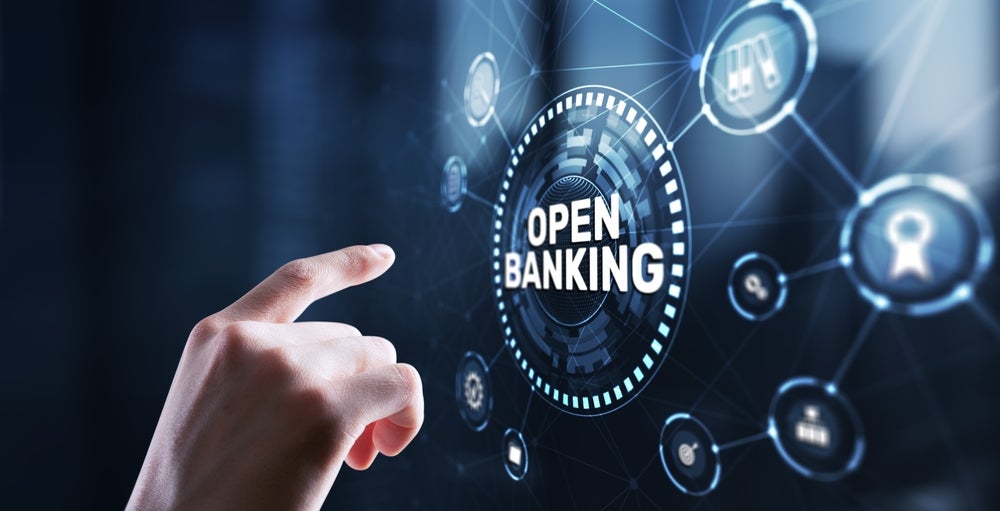Explain open banking to most people, and their first reaction will be ‘open my bank account? What’s stopping somebody from taking my money?’ This isn’t unreasonable; we all know to guard our bank accounts with our lives, never giving anyone our PINs or other details. Seemingly handing that information to companies is counter-intuitive and is likely driving people away from engaging with the open banking ecosystem.
However, that natural wariness is slowly being broken down as more people place their trust in open banking services.
What is open banking?
Open banking is a financial innovation that allows consumers and businesses to securely share their financial data with third-party providers, such as fintech companies, through the use of application programming interfaces (APIs). This system is designed to give consumers more control over their financial information, enabling them to access a wider range of financial services and products beyond what their traditional bank offers.
In practice, it allows you to connect your bank account with various apps and services that can help you manage your finances more effectively. For example, you could use an app that aggregates all your accounts from different banks into a single view, making it easier to track your spending, savings, and investments. Other services offer personalised financial advice, automated savings plans, or even alternative lending options, all based on the data you consent to share.
The system works by allowing third-party providers to request access to specific financial data, such as transaction history or account balances, from your bank. You have the power to approve or deny these requests, and your data is shared only with your consent. Open banking is designed with strict security measures to protect your information, and it operates under regulations that ensure transparency and accountability.
One of the key benefits of open banking is that it promotes competition and innovation in the financial sector. By making it easier for new companies to offer financial products and services, consumers can benefit from more choices and potentially better deals. Additionally, it can help make financial management more convenient, as you can access a variety of services from a single platform without needing to switch banks or manually share information.
Overall, open banking represents a shift towards more personalised, consumer-driven financial services, providing greater flexibility, transparency, and choice in how you manage your money.
Is open banking safe?
As you can see, open banking means opening your account to third parties, and users are going to be wary about that. A larger ecosystem with more interconnectivity might allow for innovation, but it could be argued that it also allows for supply-chain risk: a single point of failure could mean thousands of people having their accounts compromised. Once that happens, the name of open banking will be irreparably tarnished.
One of the primary security concerns in open banking is the risk of unauthorised access to financial data. Since third-party providers are granted access to users’ banking information through APIs, there is a possibility that if these APIs are not properly secured, hackers could exploit vulnerabilities to gain access to sensitive data. This risk is heightened by the fact that some third-party providers may not have the same level of security infrastructure as established banks.
Phishing attacks are another concern as cybercriminals are known to create fake apps or websites that mimic legitimate third-party providers to trick users into sharing their login credentials. Once they have access to this information, they could potentially syphon funds or commit identity theft. The openness of the system, which is its greatest strength, also makes it a target for such social engineering attacks.
Data privacy is another major issue. With more entities accessing financial data, there’s a heightened risk that this information could be misused or mishandled. Although regulations require that data is only shared with explicit user consent and for specified purposes, there is still the potential for data breaches or for data to be used in ways that were not originally intended by the user.
Tackling open banking fraud
Fortunately, there haven’t been any major breaches of open banking security yet, and based on its performance so far, it might even be safer than traditional finance. News of that high level of safety doesn’t seem to have reached the public however: just 16% of the public believe that it is completely safe.
That survey also shows that 60% of the public actually understand what Open Banking is. It’s likely that plenty of the ten million people in the UK who use open banking are unaware that the products they are using are based in open banking – they just see a useful budgeting app or a fairer borrowing system.
To educate the public and build confidence about the safety of open banking, we must double down on the safety of existing open banking systems. Using the kind of technology that Chargebacks911 deploys to pinpoint the signs of fraud to counter them would allow individual open banking users to build a reputation for safety. For the general public, seeing that the apps and services they already trust are part of a larger ecosystem called ‘open banking’ would go a long way to establishing the technology as safe.
Roger Alexander serves as a key advisor to Chargebacks911’s Advisory Board and its CEO, Monica Eaton, assisting the company with its expansion initiatives, including the highly-anticipated launch of its dispute resolution solution set to address the record spike of authorised push payment (APP) fraud claims.








